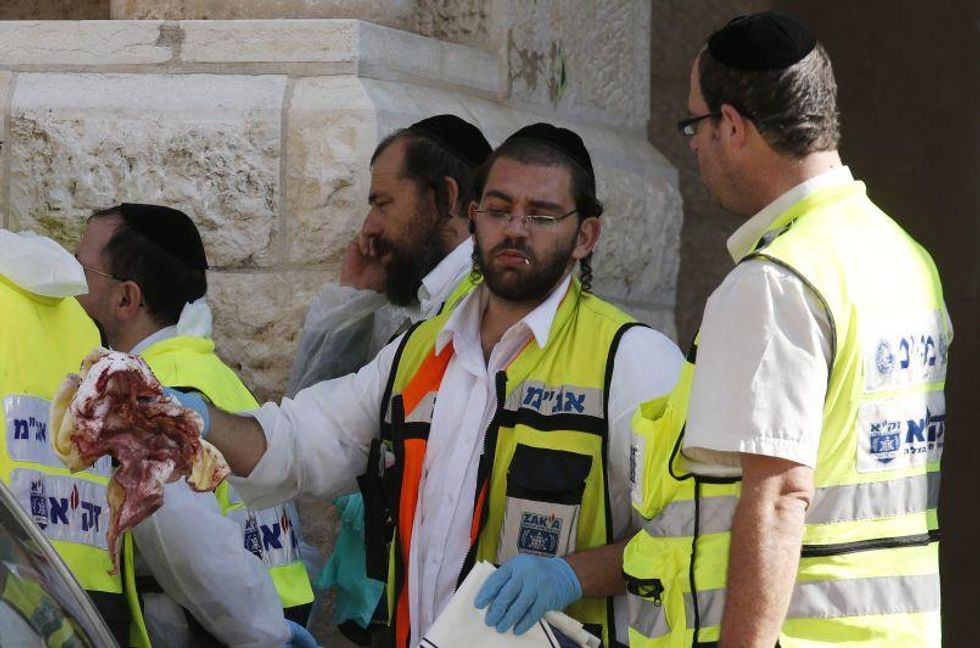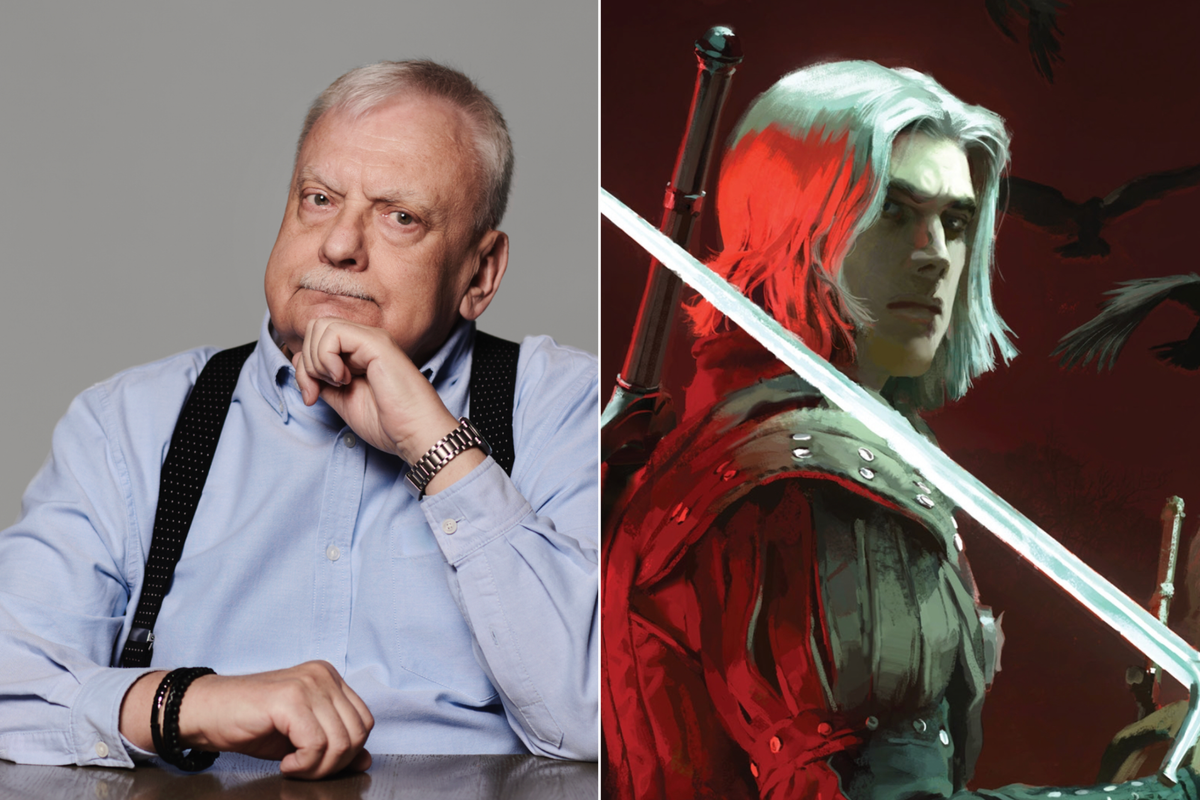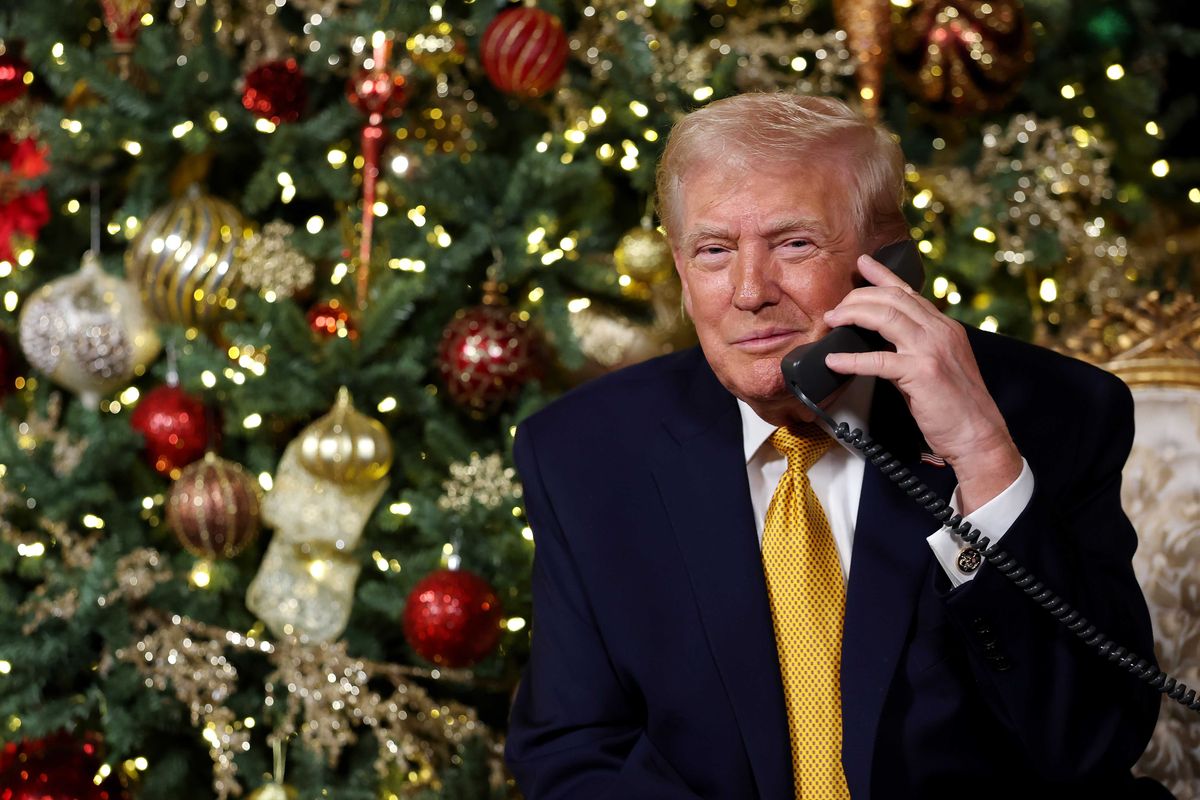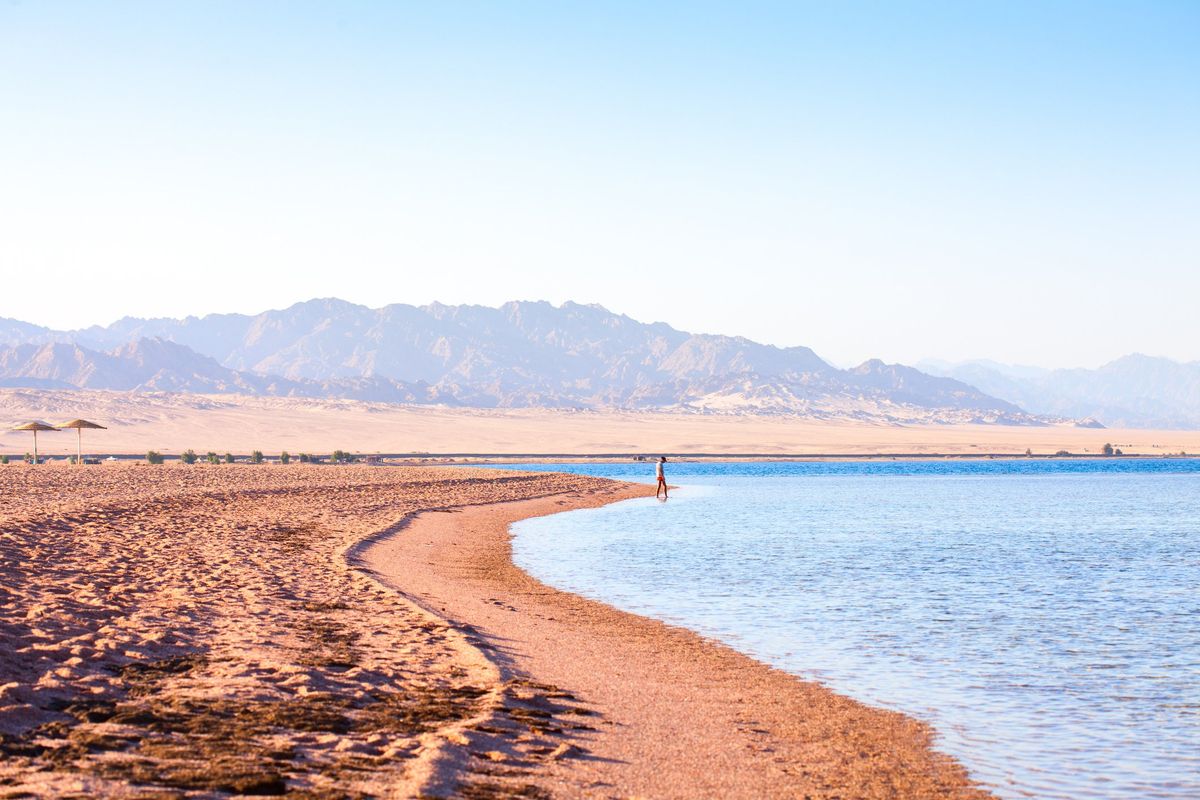News
Dina Rickman
Nov 18, 2014
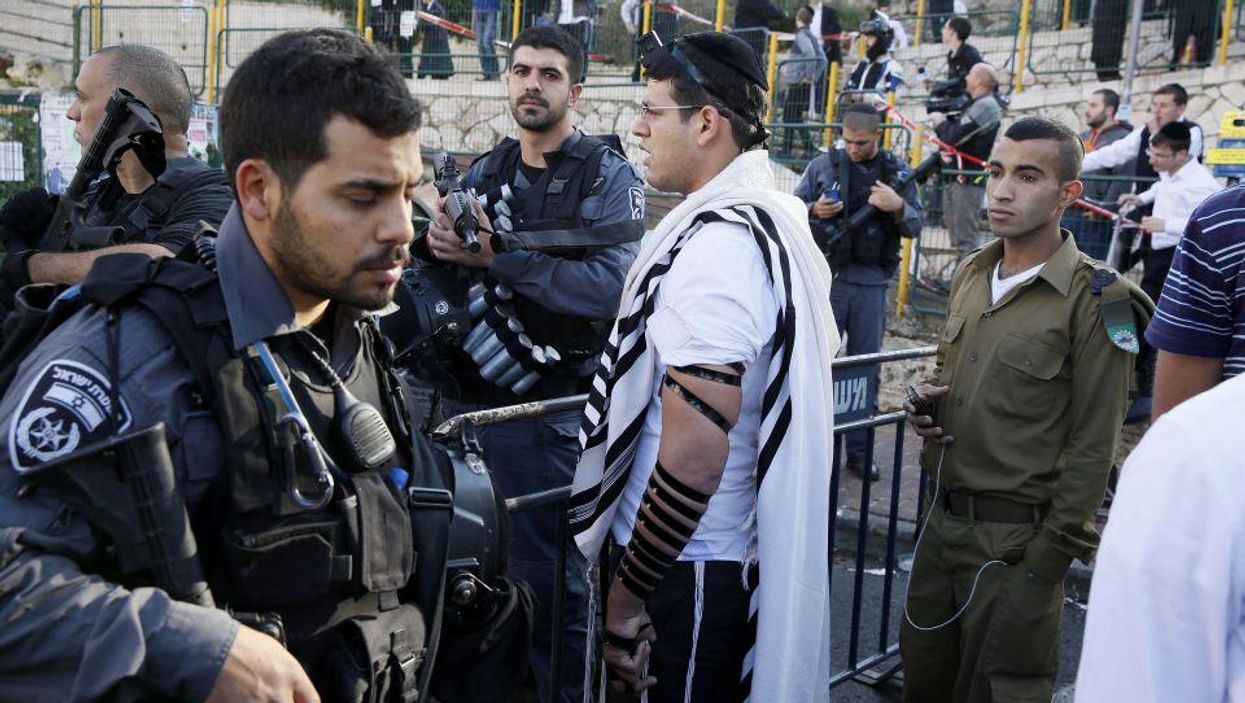
Israeli security forces secure the scene after the attack
At least four people have been killed after two Palestinians attacked worshippers in a Jerusalem synagogue with knives, axes and guns, Israeli police said. Two assailants were killed by police in a shootout at the scene. Eight people were wounded in the attack, including two police officers.
What we know
Israeli police described the assault, at the Kehillat Bnei Torah synagogue in the ultra-Orthodox Har Nof area of Western Jerusalem, as a “terrorist attack”. They said the culprits were cousins from east Jerusalem.
Speaking this morning, Israeli prime minister Benjamin Netanyahu said the attack was a result of “incitement from Hamas and Palestinian president Mahmoud Abbas".
He added: "We will respond with a firm hand to this brutal murder of Jews who went to pray and were scathed by despicable murder."
A Hamas spokesperson said the attack was a response to "the ongoing Israeli crimes at al-Aqsa [the mosque in the Old City of Jerusalem located on Temple Mount]." They added: "The Hamas organisation calls for the continuation of acts of revenge."
US secretary of state John Kerry blamed the attack on Palestinian calls for "days of rage," and said Palestinian leaders must take serious steps to refrain from such incitement. He also urged Palestinian leaders to condemn the attack "in the most powerful terms."
One of the four dead is a British-Israeli national, the foreign office confirmed. A spokesperson said: "We are aware of the death of a dual British-Israeli national in Israel on 18 November 2014." He has been named by Haaretz as Avraham Shmuel Goldberg.
What has been reported
The BBC reports the Abu Ali Mustafa Brigades, the military wing of the Popular Front for the Liberation of Palestine, have claimed responsibility for the attack.
Haaretz reports several police are in the East Jerusalem areas of Silwan and Jabal Mukaber, around 5 miles away from Kehillat Bnei Torah.
According to YNet, the attackers arrived at the synagogue at 7.30am during morning prayers.
Akiva, a paramedic working for Magen David Adom, Israel’s ambulance service, told Ynet of his experience at the scene:
Inside there was someone singing. I ran into the synagogue, there was a gunshot victim lying on the floor. I tried to treat him, but the gunfire started in my direction and we fled. I pulled the wounded man along. The police arrived and surrounded the entrance and then the terrorist ran out and they shot him. there was wild gunfire. People ran out of the synagogue. It was hell.
- Akiva
Yossi, a worshipper in the synagogue at the time of the attack, told Israel's Channel 2 TV: "I tried to escape. The man with the knife approached me. There was a chair and table between us ... my prayer shawl got caught. I left it there and escaped.”
Yosef Posternak, who was also at the synagogue, told Israel Radio that about 25 worshippers were inside when the attackers entered. "I saw people lying on the floor, blood everywhere. People were trying to fight with (the attackers) but they didn't have much of a chance," he said.
What we don’t know
At this stage, it is not clear who the victims are and if the casualty toll will rise.
We also do not know if this will mark the beginning of a third intifada. Today’s agression is the deadliest of a series of attacks on Israelis by Palestinians and comes amid mounting tension in Jerusalem. Six Israelis have been killed in terror attacks in recent weeks. On Sunday night Yusuf Hasan al-Ramuni, a 32-year-old Palestinian bus driver was found hanged in his vehicle. An autopsy found there was no foul play but his family say they suspected he had been murdered by Jewish Israeli settlers.
This morning Haaretz reports right-wing protesters visited the scene of the attack calling for "revenge" and "death to Arabs".
One source of increasing tension between Jewish Israelis and Palestinians is the Temple Mount site. Muslims refer to it as the Noble Sanctuary, and it is their third holiest site, after Mecca and Medina in Saudi Arabia.
The site is so holy that Jews have traditionally refrained from going there, instead praying at the adjacent Western Wall. Israel's chief rabbis have urged people not to ascend to the area, but in recent years, a small but growing number of Jews, including ultranationalist lawmakers, have begun regularly visiting the site.
Additional reporting: AP
More: Why this man spent 3 days outside Benjamin Netanyahu’s house
Top 100
The Conversation (0)
